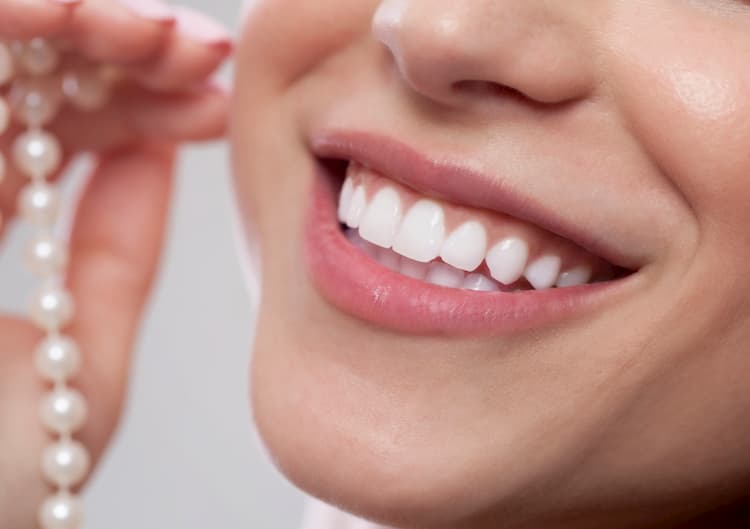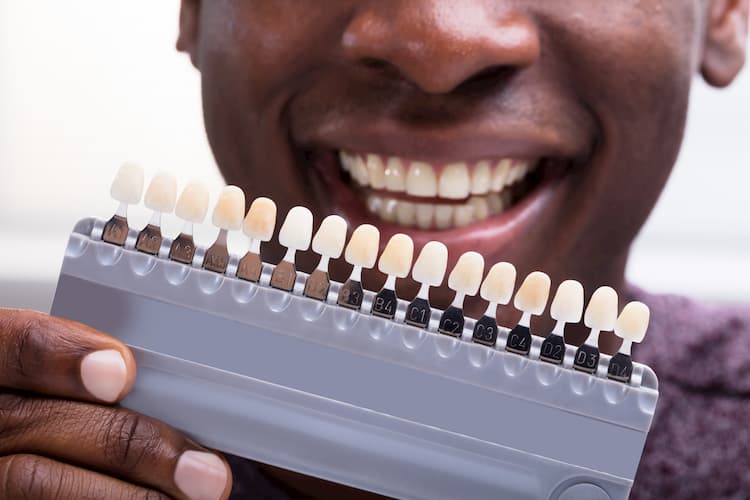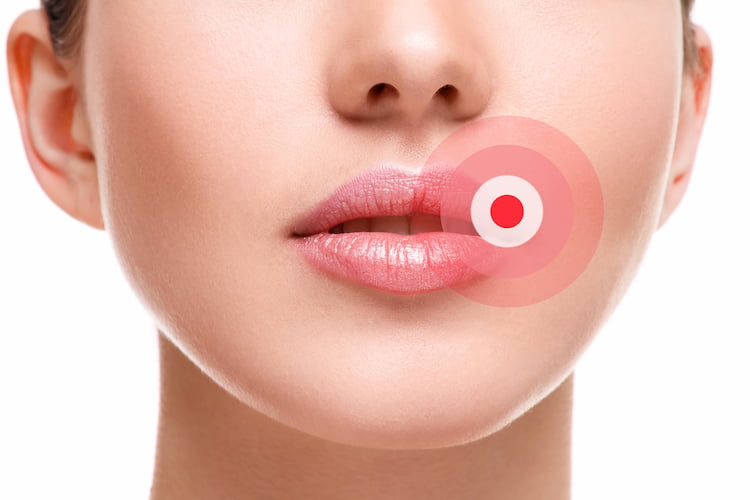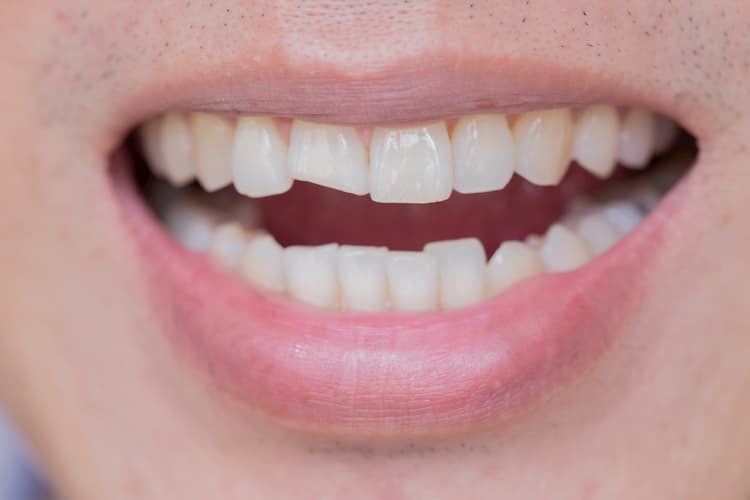There are two types of professional teeth whitening, both of which penetrate the enamel and dentin layers of the teeth to remove deep discolorations:
At-Home Whitening: You can achieve the same whitening results with an at-home kit provided by your dentist, who must first create custom mouth trays for you. These trays are to be filled with professional-grade whitening gel and placed over your top and bottom teeth. After wearing them for a specified time period every day for about two weeks, your teeth will achieve the same whitening results as an in-office treatment.
In-Office Whitening: This procedure is performed in your dentist’s office. After covering your lips and gums to expose only your teeth, your dentist will apply a professional-grade bleaching agent to your teeth. He or she may shine a special UV light on them to accelerate the whitening action. Your dentist will repeat the process two more times at 15-minute intervals, and you will leave your appointment with teeth that are many shades whiter.





